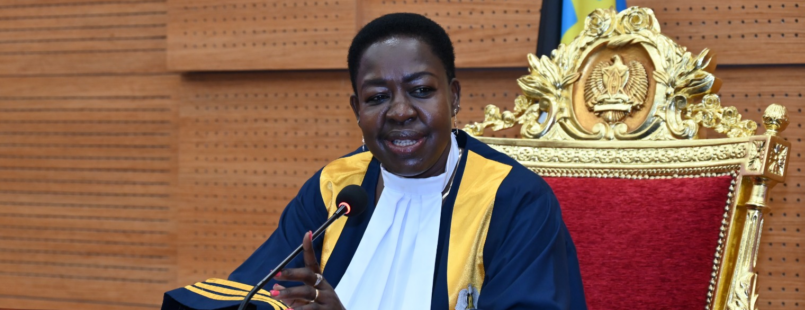New Finance and Planning Minister Marial Dongrin on Monday made first appearance before parliament to answer questions relating to South Sudan’s current economic crisis.
Parliamentarians also demanded to know the minister’s plan towards the payment of the nine-month salary arrears for the civil servants and the organized forces.
Dongrin, who replaced Awow Daniel Chuang, has been in office for nearly three weeks now. He was tasked by President Salva Kiir to ensure all the country’s revenues are remitted to a single bank account.
President Kiir said South Sudan loses its revenue to some top officials who divert the money to various accounts across the country, making it difficult to meet the national obligations.
First Deputy Speaker and the Deputy Chairman of SPLM-IO Nathaniel Perino Oyet demanded to know how the country was running its activities since the 2024/2025 budget was yet to be passed.
“When are you bringing the budget to parliament? We are aware all the spending done by the government is based on the budget, which has been delayed yet the spending continues. On what basis are the expenditures?” he demanded.
Oyet said as the economy deteriorated by the day, the august House wanted to know the way forward.
The SPLM member for Northern Bahr el-Ghazal, Kom Kom Geng, said the citizens were eagerly waiting to know the officials stealing the money as alleged by President Kiir during the swearing-in of the Finance minister.
“If I remember well, the President said, and I quote: ‘Honorable minister, there is money in this country. But the money is going to the pockets of big people.’
“I know the President cannot just say that out of nothing. He must have gotten credible information from you people,” he said.
Geng called on the Finance Minister to tell the House where the money was kept.
Dongrin said his ministry was working on reform policies aimed at rescuing the economy, but declined to disclose what they entail.
“We have a plan on how to get out of this problem, but I cannot share it right now before the Cabinet has scrutinized and adopted it. It will come and will take broadly three forms. There will of course be the reforms that need to be done in line with the reality of the situation,” he said
The minister said some of the interventions were included in the fiscal year 2024/2025 budget, which was yet to reach parliament.
“These reforms will take policy and administrative interventions. The other will be a form of the fiscal year, 2024/25, that shall come to this House for your approval. These will broadly address how we handle the economic crisis that we are facing today,” he said.




